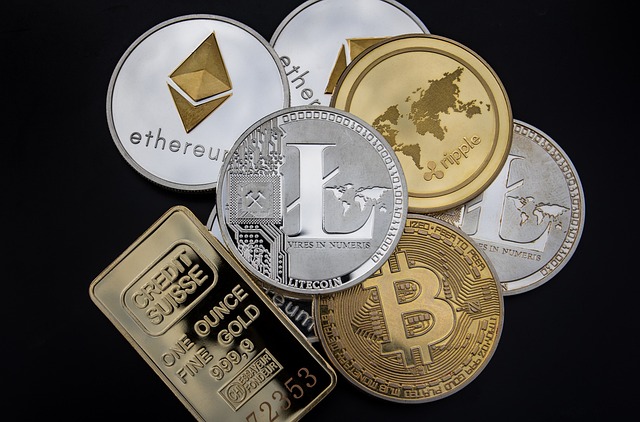The Rise of Ethereum and Its Impact on Decentralized Finance
Ethereum has been a game-changer in the world of blockchain technology, revolutionizing the way we think about decentralized finance. In this article, we’ll delve into the rise of Ethereum and its profound impact on DeFi.
Decentralized finance (DeFi) refers to financial systems that operate independently of central banks and traditional financial institutions. With the emergence of blockchain technology, it’s now possible to create decentralized applications (dApps) that enable users to interact with each other in a trustless and permissionless manner.
The Rise of Ethereum
Ethereum was first launched in 2015 by Vitalik Buterin, a Canadian-Russian programmer. Initially, the platform focused on smart contracts – self-executing contracts with the terms of the agreement written directly into lines of code. However, as the platform grew, so did its ambition.
In 2017, Ethereum introduced the ERC-20 token standard, which enabled developers to create their own tokens and build a wide range of decentralized applications. This move marked a significant turning point for the platform, as it opened up new possibilities for creators and users alike.
The Impact on DeFi
With the rise of Ethereum, DeFi began to take shape. The platform’s smart contract capabilities enabled developers to build complex financial systems that were both secure and transparent.
In 2020, the total value locked (TVL) in DeFi surpassed $10 billion for the first time, marking a significant milestone in the space. This growth can be attributed to Ethereum’s ability to support high-performance smart contracts and decentralized applications.
Key Players in DeFi
Some of the key players in DeFi include Compound, Aave, Uniswap, and MakerDAO. These platforms have disrupted traditional financial systems by offering low-cost, secure lending options to individuals and institutions alike.
Compound, for example, enables users to lend and borrow cryptocurrencies with interest rates that are often lower than those offered by traditional lenders. Similarly, Aave offers a decentralized lending platform that allows users to earn interest on their assets.
The Future of DeFi
As DeFi continues to grow, we can expect to see even more innovative applications emerge. One area of focus is the development of more advanced smart contracts that enable seamless interactions between different blockchain platforms.
Another area of growth is the adoption of decentralized finance by mainstream institutions. As these institutions begin to recognize the benefits of DeFi, we can expect to see a surge in investment and innovation in the space.
Conclusion
In conclusion, Ethereum’s impact on DeFi has been profound. From enabling developers to build complex financial systems to disrupting traditional financial institutions, Ethereum has played a key role in shaping the future of finance.
As we look to the future, it’s clear that DeFi will continue to play an increasingly important role in the world of finance. With its ability to support high-performance smart contracts and decentralized applications, Ethereum is well-positioned to lead this charge.
Final Thoughts
In the end, the rise of Ethereum and DeFi represents a fundamental shift in the way we think about financial systems. As we move forward, it’s essential that we continue to innovate and push the boundaries of what’s possible.
- Ethereum Decentralized Finance
- Blockchain Technology Impact
- Decentralized Applications Development
- Smart Contract Capabilities
- DeFi Adoption in Mainstream Institutions



